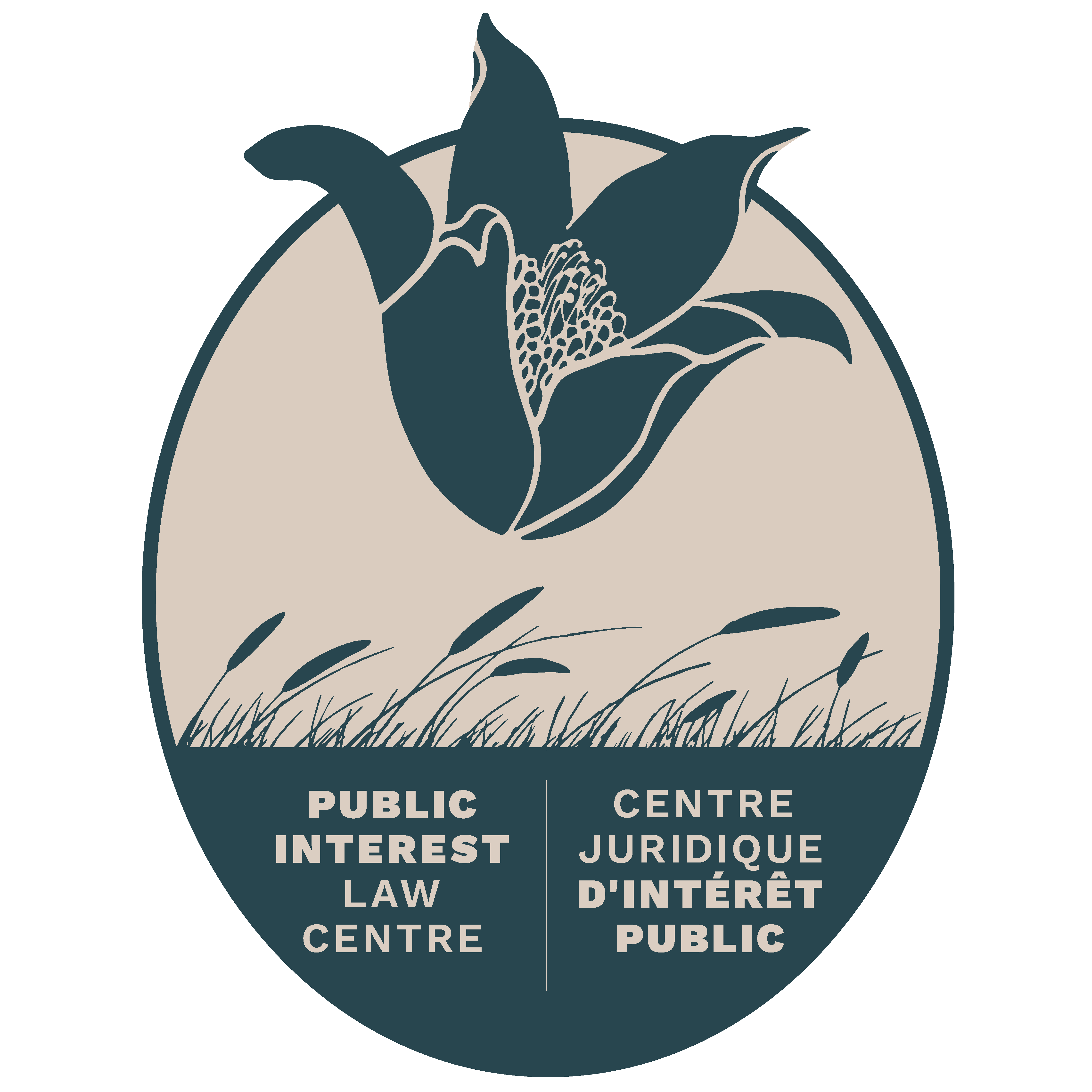Human Rights
French Language Services
In 2006, the Public Interest Law Centre (PILC) intervened at the Manitoba Court of Appeal on behalf of the Société franco-manitobaine (SFM), a community organization that promotes the language rights of the Franco-Manitoban community. The challenge considered whether there is an obligation to provide offence notices under the City of Winnipeg Charter in French.
Based upon arguments drawn from the Manitoba Act, the Manitoba Court of Appeal accepted that the right to be heard in French includes the right to a French-speaking panel. It subsequently held that there was an obligation to provide offence notices under the City of Winnipeg Charter in French.
Youth Curfew
In 2005, the City of Thompson adopted a youth curfew by-law that prohibited young people from being alone in public in the evenings — 10 p.m. for children under 12, 11 p.m. for children ages 12 – 15, and midnight for 16 and 17 year-olds. Working with pro bono partner Ronald Dearman of Mayer, Dearman, & Pellizzaro, PILC challenged the constitutionality of the by-law. As Dearman noted, the law criminalized individuals who had done no wrong. The City of Thompson subsequently rescinded the by-law.
International Medical Graduates
In 1999, PILC represented the Association of Foreign Medical School Graduates in Manitoba (AFMGM). The association represented over 100 graduates of European, Asian, African and South American medical schools who were living in Manitoba but unable to practise their profession due to licensing restrictions.
These international medical graduates (IMGs) were all graduates of institutions that had been formally recognized by the World Health Organization, an agency of the United Nations. Because members of the AFMGM came from around the world and were all at different points in their careers, they had differing needs. Many of them found that discriminatory barriers in the licensing system made it all but impossible for them to practise medicine.
PILC’s work on behalf of the AFMGM contributed to the elimination of a discriminatory regulation, the creation of a fast track for physicians who had been practising medicine within the previous two years and an improved pathway for other IMGs.
In May 2006, Manitoba became one of the first two Canadian provinces to allow IMGs to compete equally with Canadian graduates for post-graduate medical education (residency) positions.
Compassionate Care Benefits
In 2004, a Manitoban applied for Employment Insurance compassionate leave benefits to allow him to care for his terminally ill brother. He was denied the benefits, which were not provided to siblings. With the support of PILC, he appealed the ruling, arguing that the law violated section 15 of the Charter of Rights and Freedoms and failed to recognize the value of siblings’ relationships to other family members.
Before his appeal was heard, the law was amended in 2006 to provide benefits to anyone the terminally ill person regarded as “like-family.”
Women’s Health Rights
In 1996, Winnipeg Child and Family Services (CFS) sought to apprehend a pregnant Indigenous woman who was addicted to solvents so that she could be treated until she either gave birth or the pregnancy was terminated.
CFS argued that the woman was violating her duty of care to the fetus by continuing to abuse solvents. PILC represented the Women’s Health Rights Coalition as an intervener in the case.
The Coalition was well aware of the risks that solvent abuse during pregnancy created. However, it believed that good health-care policy depended on respecting the woman’s autonomy and dignity, particularly if she were to overcome an addiction. The evidence in this case showed that the woman had been a solvent addict for a number of years. On a number of previous occasions, she attempted to seek treatment, but there were no treatment spaces to which she could be admitted.
The PILC brief outlined:
- Contradictions between the agency’s approach and good health-care policy
- Links between Indigenous poverty and fetal alcohol syndrome
- The impact of the provincial and federal government cutbacks in health care, which made it difficult for the woman to receive treatment when she sought it
- Alternatives to coercive treatment practices
Court-ordered apprehensions would, PILC argued, discourage women from seeking medical advice and treatment during pregnancy. The Supreme Court ruled in the woman’s favour, acknowledging that such orders could have negative rather than positive impacts on a child.







